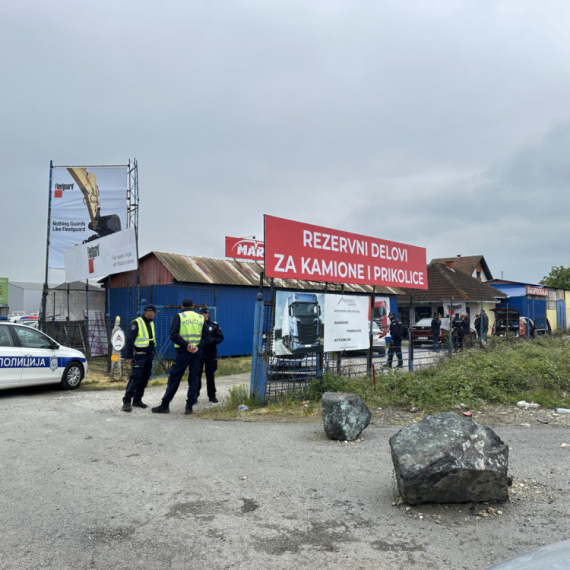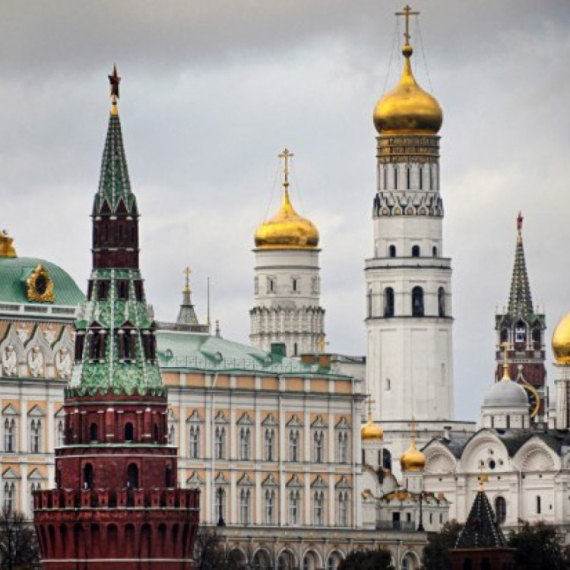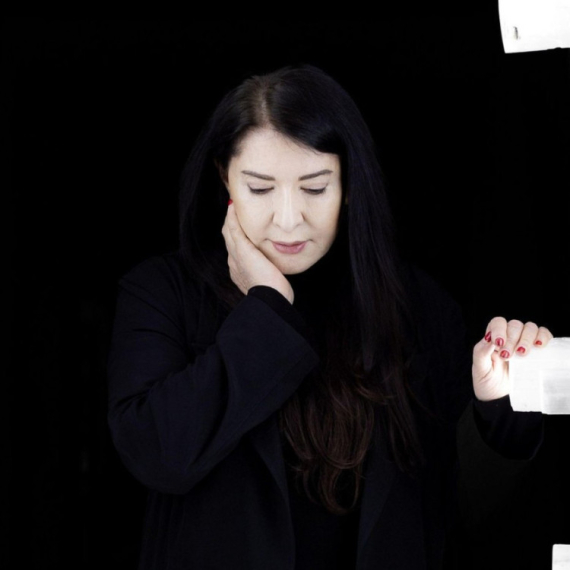"Number of illegal migrants doubled in one year"
The 9th thematic workshop on illegal migration, organized by a European network of National Preventive Mechanisms (NPMs) started in Belgrade on Tuesday.
Tuesday, 12.06.2012.
13:00

The 9th thematic workshop on illegal migration, organized by a European network of National Preventive Mechanisms (NPMs) started in Belgrade on Tuesday. Declaring the gathering open, Serbian Ombudsman Sasa Jankovic said that the number of illegal migrants in Serbia doubled in a year. "Number of illegal migrants doubled in one year" He said that in 2011, Serbia had 800 such cases, and for the first five months of 2012, the number had already reached 500. Jankovic said that in line with the agreement reached with the EU, 2000 people were sent back as part of the readmission process, most of them from Germany. As regards the asylum seekers, Serbia had 3,000 applications in 2011, and another 500 were submitted since the beginning of the year, he explained. Jankovic said that a large number of people in Serbia belong to the high-risk group. To illustrate that, he noted that there are 200,000 internally displaced persons (IDPs) from Kosovo and Metohija, while in 1996, Serbia had another 500,000 refugees and IDPs. He emphasized that 12 years ago, Serbia had 700 collective centers for refugees and displaced people, while today it has only 39 centers which are a shelter for around 3,000 people. “We live in difficult times for people and their rights, and the economic crisis in Serbia and other countries is putting many things to the test, including the solidarity of the richest, and major challenges to moral and other principles of the poorest. In this situation, the protection of human rights is often regarded as a luxury,” Jankovic cautioned. Markus Jaeger, head of the department for migration at the Council of Europe (CoE) Directorate General of Democracy, said that NPMs against torture exist in 24 CoE member states, and that the Serbian mechanism, which has been established recently, has already yielded excellent results. Jaeger said that Serbia's expertise was used in Ukraine, which is trying to establish its own mechanism, so it could be said that Serbia is exporting its knowledge in that domain to other parts of Europe. At the two-day workshop which is being organized by the CoE, in cooperation with the Human Rights Trust Fund and the Association for the Prevention of Torture, is bringing together representatives of Frontex and NPMs of European countries. The two-day workshop, which is being hosted by the Serbian Ombudsman, will address the topics such as the treatment of illegal migrants in European countries, challenges in monitoring possible rights infringement which may occur during their deportation to the motherland. Markus Jaeger and Sasa Jankovic (Beta) Tanjug
"Number of illegal migrants doubled in one year"
He said that in 2011, Serbia had 800 such cases, and for the first five months of 2012, the number had already reached 500.Janković said that in line with the agreement reached with the EU, 2000 people were sent back as part of the readmission process, most of them from Germany.
As regards the asylum seekers, Serbia had 3,000 applications in 2011, and another 500 were submitted since the beginning of the year, he explained.
Janković said that a large number of people in Serbia belong to the high-risk group. To illustrate that, he noted that there are 200,000 internally displaced persons (IDPs) from Kosovo and Metohija, while in 1996, Serbia had another 500,000 refugees and IDPs.
He emphasized that 12 years ago, Serbia had 700 collective centers for refugees and displaced people, while today it has only 39 centers which are a shelter for around 3,000 people.
“We live in difficult times for people and their rights, and the economic crisis in Serbia and other countries is putting many things to the test, including the solidarity of the richest, and major challenges to moral and other principles of the poorest. In this situation, the protection of human rights is often regarded as a luxury,” Janković cautioned.
Markus Jaeger, head of the department for migration at the Council of Europe (CoE) Directorate General of Democracy, said that NPMs against torture exist in 24 CoE member states, and that the Serbian mechanism, which has been established recently, has already yielded excellent results.
Jaeger said that Serbia's expertise was used in Ukraine, which is trying to establish its own mechanism, so it could be said that Serbia is exporting its knowledge in that domain to other parts of Europe.
At the two-day workshop which is being organized by the CoE, in cooperation with the Human Rights Trust Fund and the Association for the Prevention of Torture, is bringing together representatives of Frontex and NPMs of European countries.
The two-day workshop, which is being hosted by the Serbian Ombudsman, will address the topics such as the treatment of illegal migrants in European countries, challenges in monitoring possible rights infringement which may occur during their deportation to the motherland.


































Komentari 0